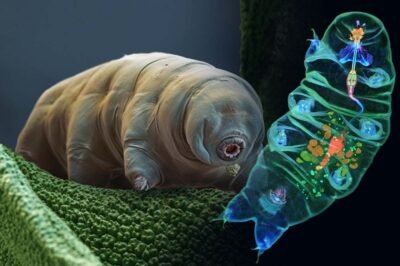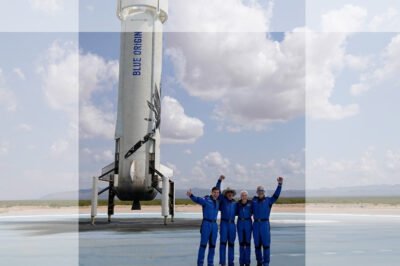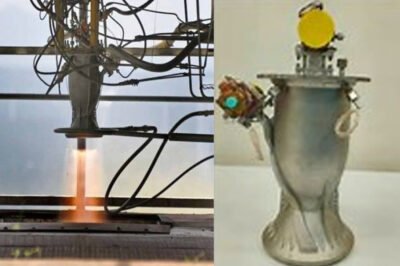Tardigrades, those tiny marvels of nature also known as water bears, have captivated scientists with their almost supernatural ability to withstand the harshest conditions imaginable—from the vacuum of space to the deepest ocean trenches. Now, groundbreaking research from the University of Wyoming suggests that proteins found in these microscopic powerhouses could hold the key to slowing human aging. This discovery not only challenges our understanding of biological survival but could also revolutionize medical treatments for preserving human cells under extreme conditions. How far can this new scientific breakthrough take us in enhancing human resilience and longevity?
Unveiling the Potential of Tardigrade Proteins:
Researchers, led by Silvia Sanchez-Martinez and Thomas Boothby, have discovered that certain proteins in tardigrades can induce a state of biostasis in human cells—essentially slowing down cellular processes and metabolic functions. This state of suspended animation not only allows tardigrades to survive in lethal environments but could potentially be harnessed to protect human cells from aging and decay.
Tardigrade Proteins- Application in Medicine and Beyond:
The practical applications of this research are vast. For instance, the ability to slow cellular aging could lead to breakthroughs in longevity and anti-aging treatments. Moreover, this protein could revolutionize the storage and transport of critical medical supplies like stem cells and pharmaceuticals, especially in areas where refrigeration is unfeasible. The proteins could also offer new therapies for diseases that currently lack effective treatments due to instability and storage issues of vital drugs.
Tardigrade Proteins- Challenges and Ethical Considerations:
While the benefits are potentially monumental, the introduction of tardigrade proteins into human biology also presents significant challenges. The ethical implications of biostasis in humans, potential side effects, and the long-term impacts of such treatments need thorough investigation. Additionally, the technical challenges of replicating these proteins and safely introducing them into human cells are not trivial.
The University of Wyoming’s research opens a tantalizing door to what might be possible in human health and longevity. As we stand on the brink of potentially being able to mimic the survival strategies of one of Earth’s most resilient creatures, we must consider both the scientific and ethical dimensions of such advancements. Could tardigrade proteins indeed offer us a fountain of youth, or are there limits to how much we can borrow from nature? The answers may reshape the future of human health and medicine.










































































Leave a Reply